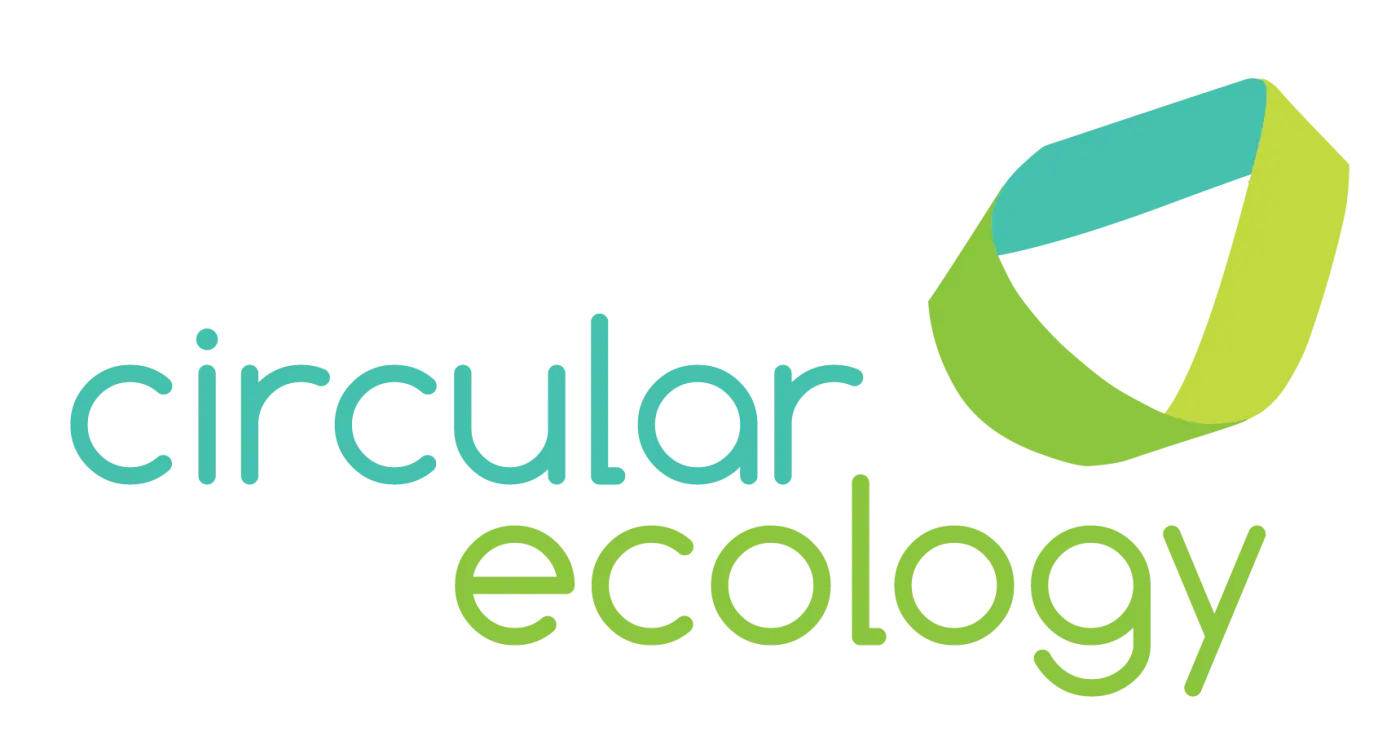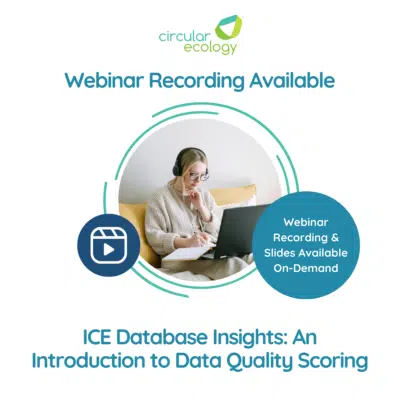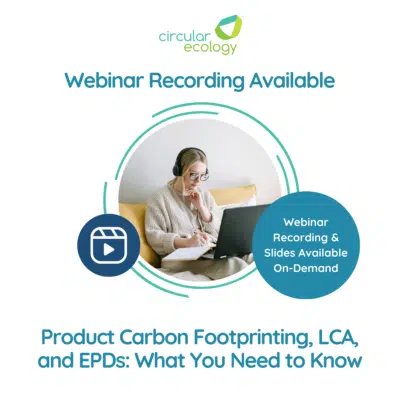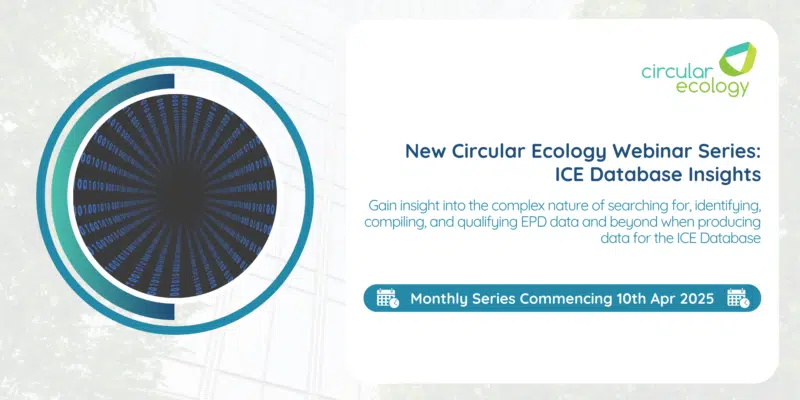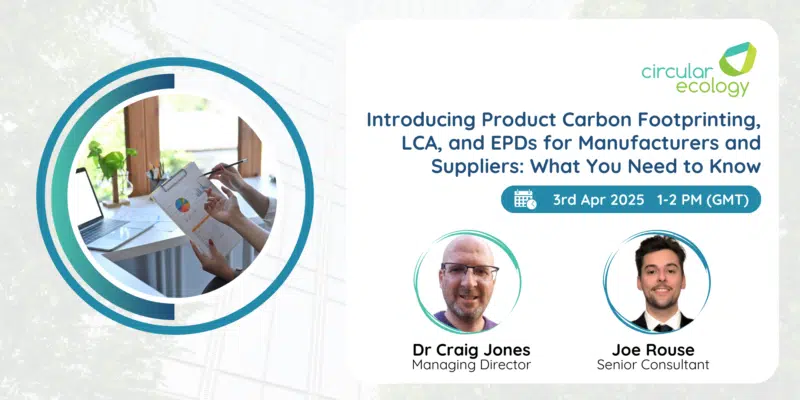Clean Cookstove Projects - Kenya
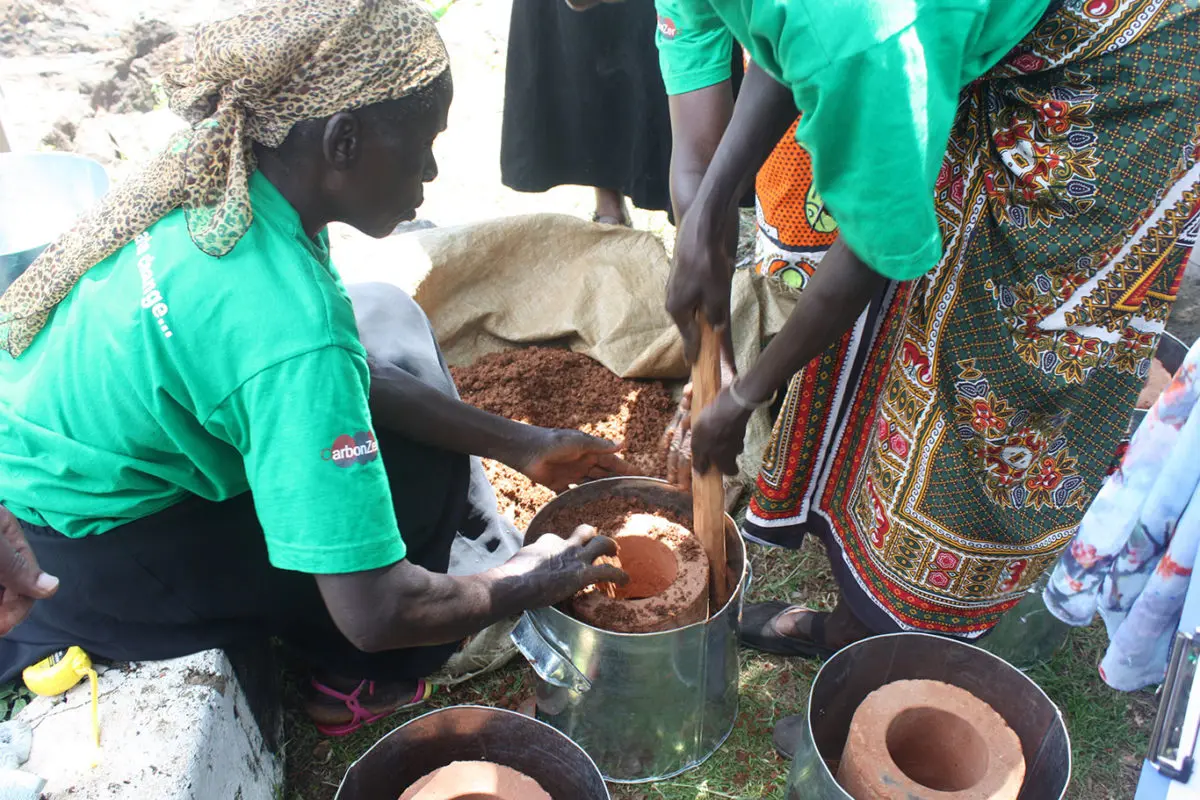
Over 4 million people die from indoor air pollution every year, according to the World Health Organisation (WHO). In rural Kenya, the typical fuel source for indoor and outdoor cooking is wood, which emits large volumes of particulate matter (PM2.5) when burnt. Long-term inhalation of small particulates can lead to health issues such as asthma, breathing difficulties, and cancers in these communities.
Not only is it dangerous to the health of local people to use wood for fuel, but it also contributes to local deforestation as trees are cut down. Additionally, using wood negatively impacts women and children even further, as they are traditionally tasked with collecting and chopping the wood if it cannot be purchased, a task which can take hours every day in addition to the hours spent cooking over an open fire, breathing in the smoke.
To combat these issues, the clean cookstove offsetting project in the city of Kisumu, Kenya, provides around 20,000 energy efficient and clean cookstoves for local communities. The clean cookstoves use less than half of the wood previously required, meaning that women and children have to spend less time collecting and chopping the wood, less money purchasing wood, and are breathing in smaller volumes of particulate matter.
There are also environmental benefits directly caused by the use of the clean cookstoves, as there is a reduction in the amount of carbon dioxide emitted from cooking activities.
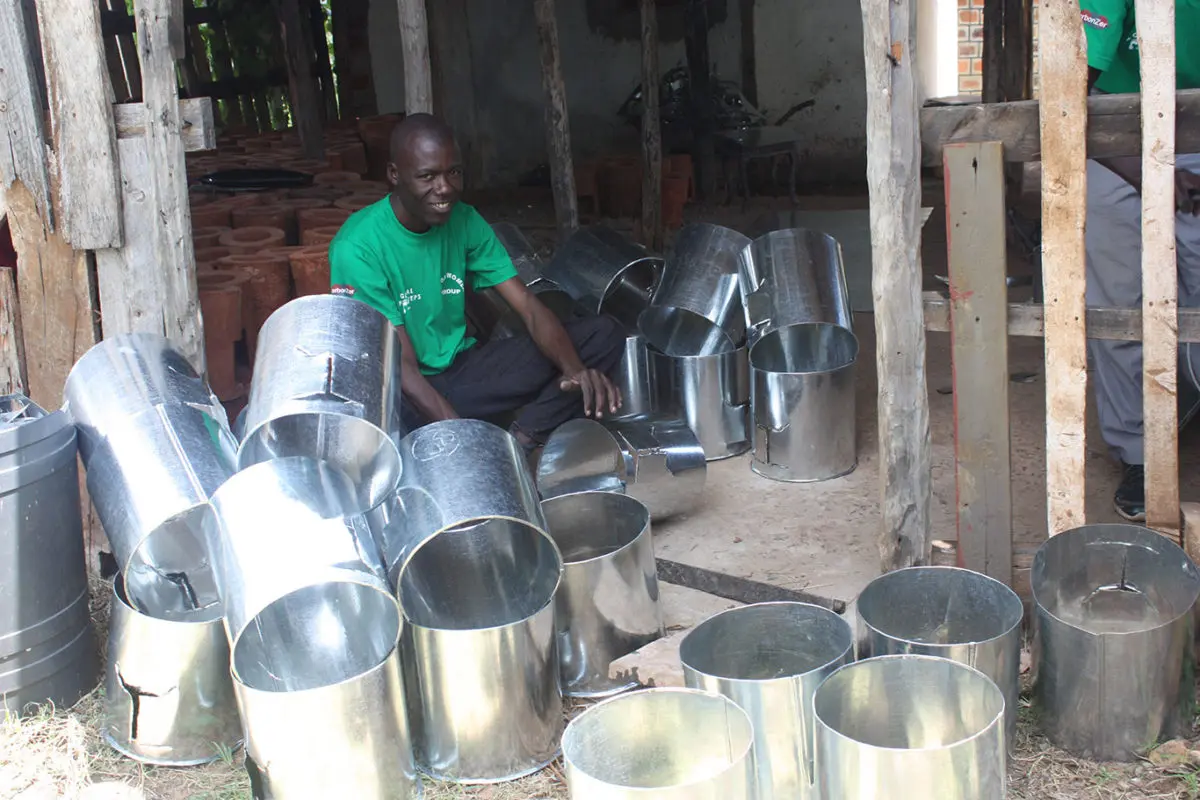
Benefits of the Clean Cookstove Project in Kenya
- Reduced deforestation in the local area, as less than half the amount of wood is needed as a fuel for the cookstoves
- Women and children save time collecting and chopping firewood, which can be spent on education or other tasks
- Similar projects have saved up to 6 hours per day for a family. If this project saves only 2 hours of fuel collecting per day for a family, this would save 730 hours per year, which equates to 91 working days each year.
- Better community health, especially women and children, due to improved indoor air quality
- Reduced PM2.5 in households
- Fewer respiratory illnesses such as asthma and coughs from smoke inhalation
- Reduced CO2 emissions from wood fuel burning, lowering atmospheric CO2 concentration and contributing to a decarbonised society
- Local training to manufacture, distribute, install and maintain the cookstoves
- Community education to understand the problems caused by deforestation
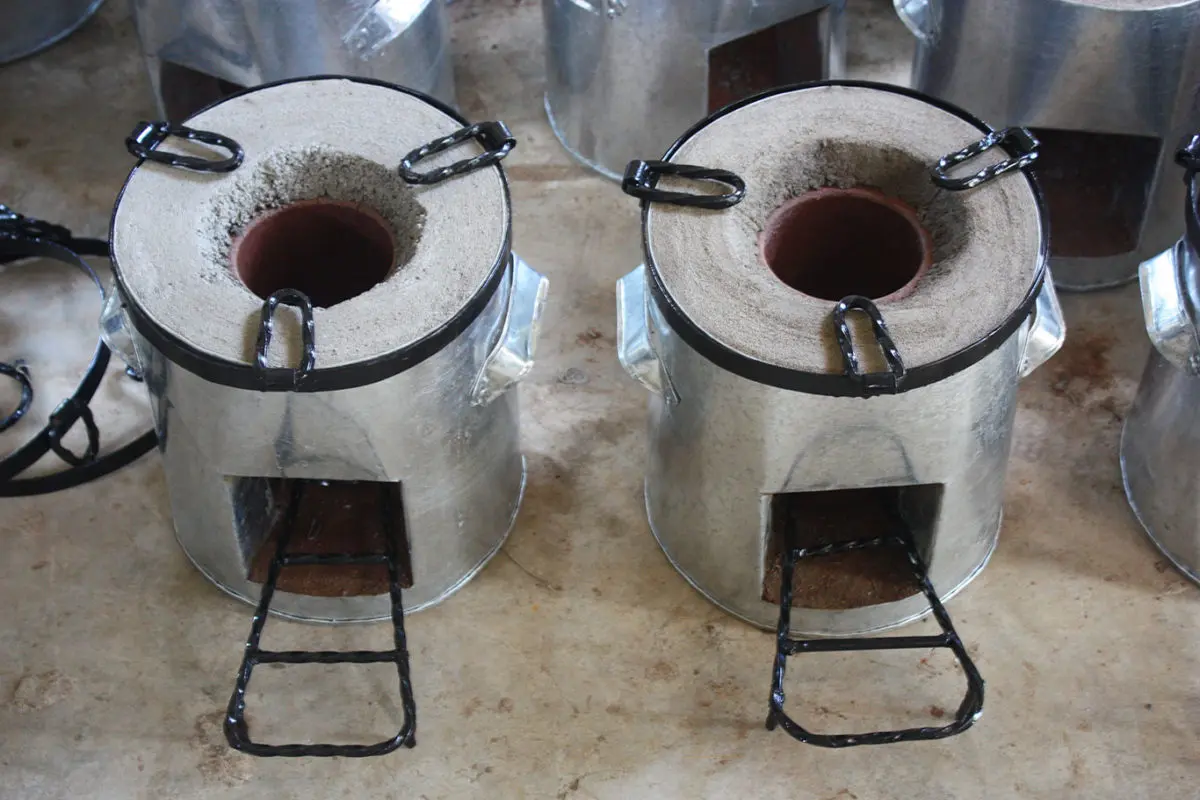
Alignment with UN Sustainable Development Goals
The clean cookstove offsetting project in Kenya is aligned with 3 of the 17 UN Sustainable Development Goals (UN SDGs).
- UN SDG 3 – Good Health and Well-Being
- UN SDG 13 – Climate Action
- UN SDG 15 – Life on Land
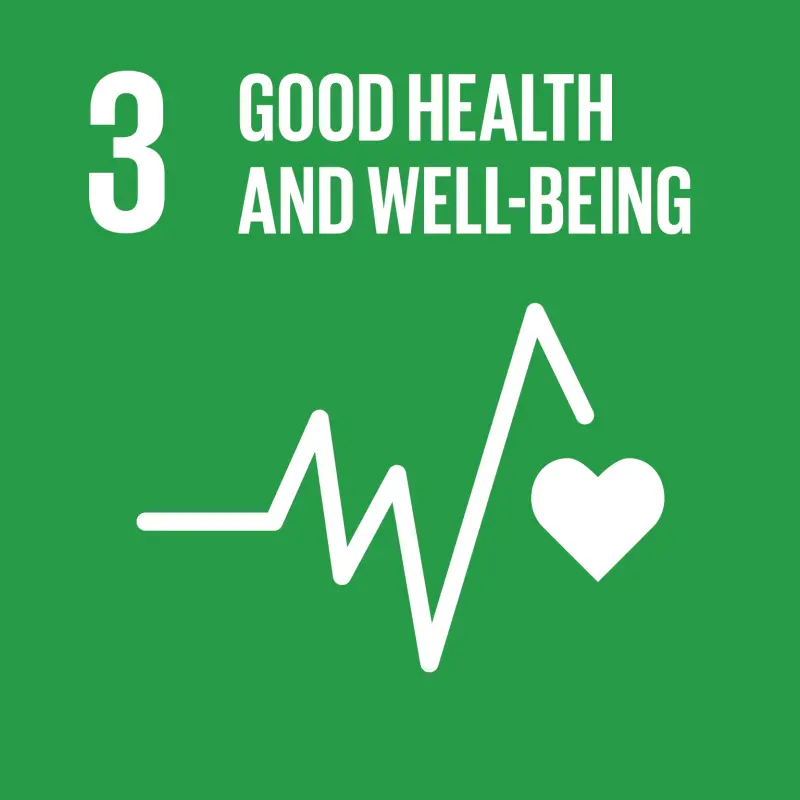
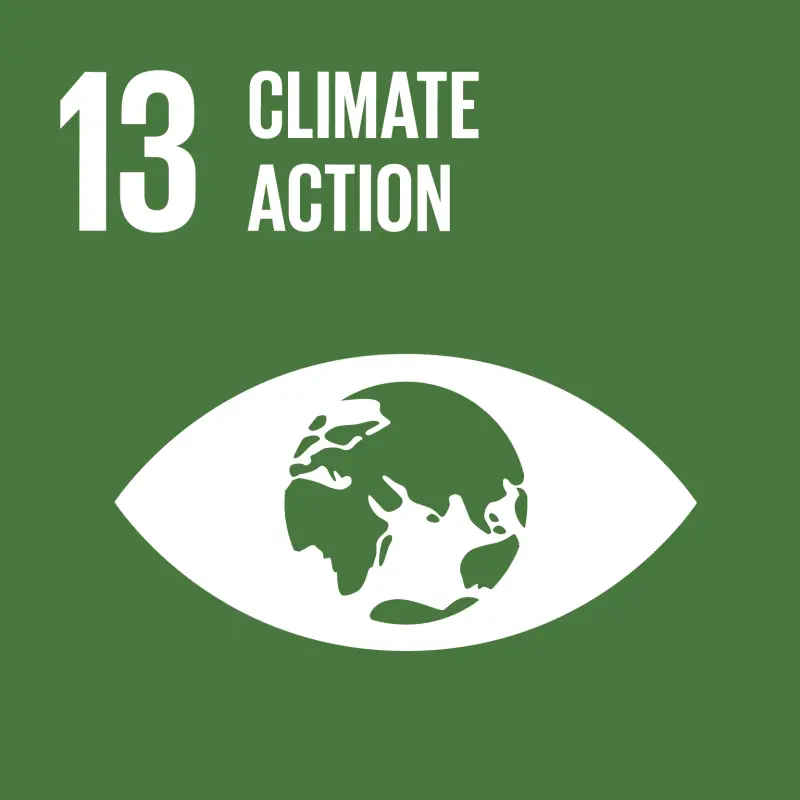
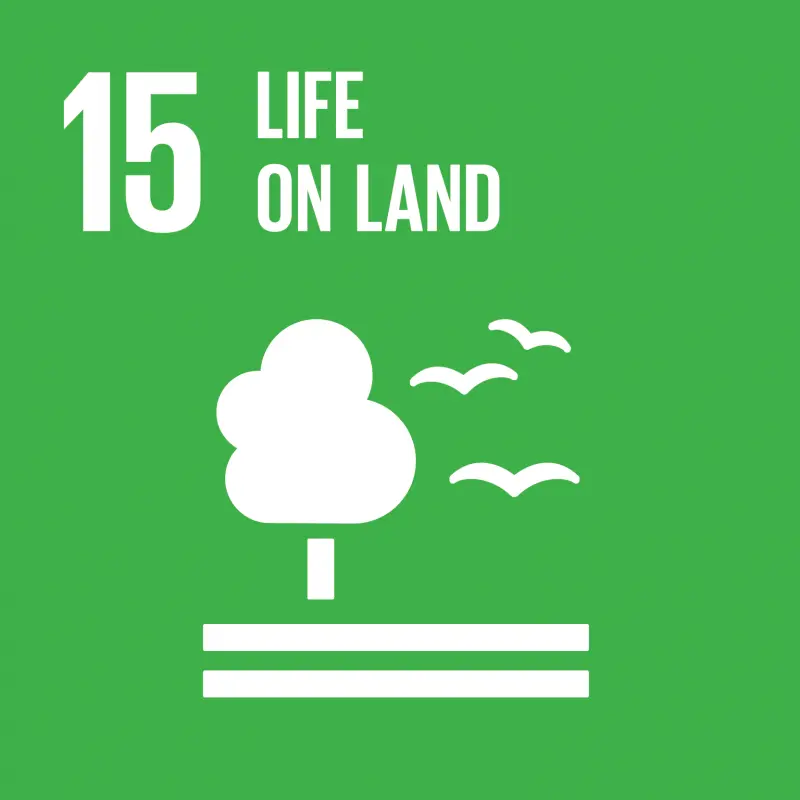
Improved Cookstoves Kenya – Gold Standard Credits
The improved kitchen and clean cookstove offsetting projects in Kenya are certified by the Gold Standard. The Gold Standard certification scheme ensures that the offsetting project produces genuine carbon reductions, and those who purchase the credits from the project can be sure that they are:
- Transparent
- Credible
- Verifiable
- Additional
The offset credits are monitored and tracked as part of the accreditation scheme, which gives them a high level of credibility. Because of this, any organisation or individual who purchases the credits can safely use them towards their Net Zero Carbon, carbon neutrality, and climate positive pledges.
Find Out More Information
There are various social, environmental, and economic benefits associated with clean cookstove offsetting projects. If you would like to support this project, or other carbon offsetting projects which benefit local people and the planet, please contact us.
Webinar Recap: ICE Insights: Data Quality Scoring
On Thursday, April 10th, Circular Ecology launched the first session of our ICE Database Insights [...]
Apr
Webinar Recap: Product Carbon Footprinting, LCA, and EPDs
On Wednesday, April 3rd, Circular Ecology delivered our fourth webinar of 2025: Product Carbon Footprinting, LCA, [...]
Apr
New ICE Database Webinar Series Announced
We are pleased to announce the ICE Database Insights 2025 webinar series, a five part [...]
Mar
Upcoming Webinar: Product Carbon Footprints, LCAs, and EPDs: What You Need to Know
Join Circular Ecology for a webinar on Product Carbon Footprints Circular Ecology invites you to [...]
Mar
